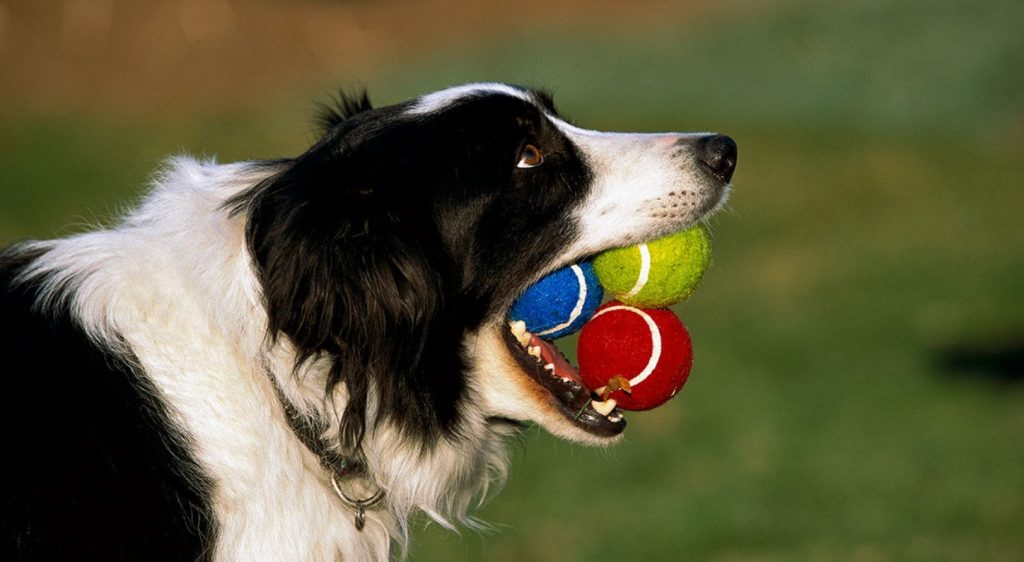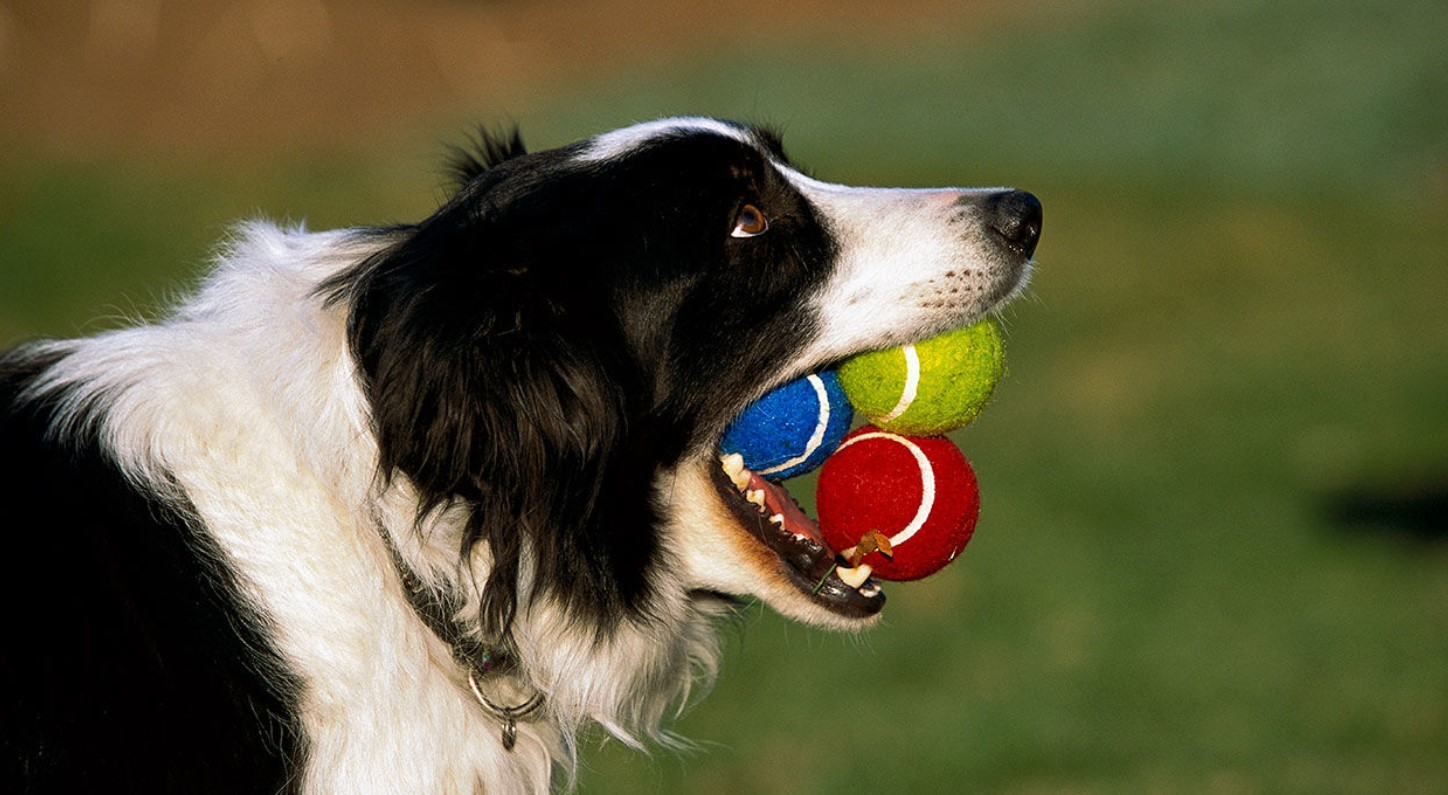American Kennel Club depictions of pooch breeds can peruse like internet dating profiles: The outskirt collie is a compulsive worker; the German shepherd will risk its life for friends and family. Presently, in the most complete investigation of its sort to date, researchers have demonstrated that such particular variety attributes are really established in a pooch’s qualities.

The discoveries may reveal insight into human practices too. “It’s an immense development,” says Elaine Ostrander, a mammalian geneticist at the National Human Genome Research Institute in Bethesda, Maryland, who was not engaged with the work. “It’s a limited number of qualities, and a great deal of them do bode well.” When the pooch genome was sequenced in 2005, researchers figured they would rapidly have the option to nail down the qualities that give each breed its trademark character.

In any case, they found so much variety even inside a variety that they would never concentrate enough pooches to get important outcomes. So in the new examination, Evan MacLean, a similar analyst at the University of Arizona in Tucson, Noah Snyder-Mackler at the University of Washington in Seattle, and partners started by taking a gander at social information for around 14,000 mutts from 101 varieties. The investigations originate from the Canine Behavioral Assessment and Research Questionnaire (C-BARQ), a kind of pet character test created by James Serpell, an ethologist at the University of Pennsylvania.

C-BARQ poses inquiries like, “What does your canine do when a more abnormal goes to the entryway?” to permit proprietors to dispassionately describe 14 parts of their pet’s characters, including trainability, connection, and animosity. Since the overview was created in 2003, in excess of 50,000 proprietors have taken an interest. The group coordinated up these conduct information for each breed with hereditary information about varieties from various arrangements of pooches. They didn’t take a gander at hereditary and social information for singular pooches, but instead midpoints over a particular variety. Taking all things together, the group distinguished 131 places in a canine’s DNA that may help shape 14 key character characteristics. Together, these DNA districts clarify about 15% of a canine variety’s character, with each applying just a little impact.

Trainability, pursuing, and a propensity to be forceful toward outsiders were the most exceptionally heritable attributes, the researchers report in a paper posted for the current month on the preprint server bioRxiv. The areas of these DNA problem areas bode well: Some are inside or near qualities attached to animosity in people, for instance, though DNA related with the pooch’s degree of trainability is found in qualities that in people are related with insight and data handling. The discoveries propose conduct is guided by similar qualities in numerous species, MacLean says. Furthermore, if, for instance, qualities fundamental tension in hounds lead to those equivalent qualities in individuals, that revelation may at last lead to better medications for uneasiness related scatters, Serpell says. “These are the sorts of things we can find later on.”

Because the hereditary and social information originate from various arrangements of canines, the work can’t interface a variety’s particular conduct propensities to any one quality. “This paper doesn’t get out a specific variety for its conduct. It depends on practices that are found in numerous varieties,” says Heidi Parker, a genome researcher at the National Human Genome Research Institute who, with Ostrander, spearheaded a portion of the early work on hound genomes. Accordingly, for instance, Serpell’s social work has indicated that pit bulls are forceful toward different pooches however not individuals, yet this new investigation can’t prompt a DNA trial of that conduct. In any case, Serpell and his associates are beginning more investigations taking a gander at the DNA connected to inside variety in conduct, a stage toward that path. Such work has been done from a more minor perspective to pinpoint the quality for superfriendly conduct.

Until more of those connections are made, “I am not sure how widely accepted the results will be,” says Robert Wayne, an evolutionary biologist at the University of California, Los Angeles. He and dog genetics expert Elinor Karlsson from the University of Massachusetts Medical School in Worcester point out that this study finds a much bigger role for genetics in shaping behavior than previous studies and so think more work needs to be done to verify the findings. Another story in video:
